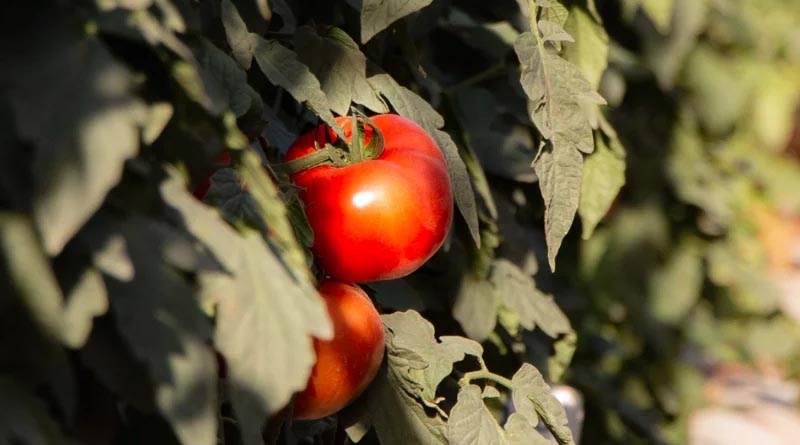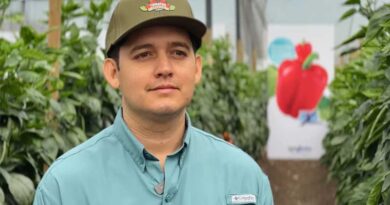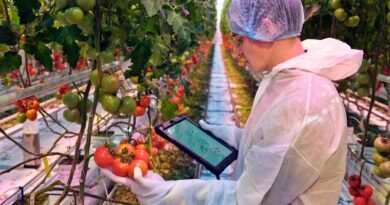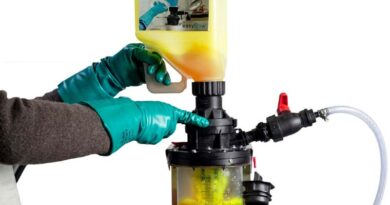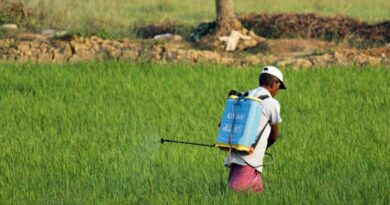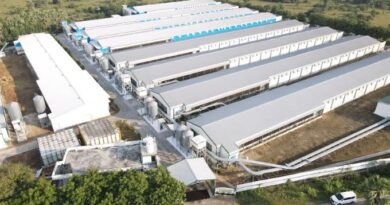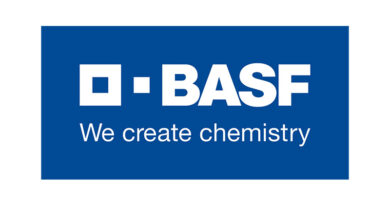Local Trials, Tailored Genetics in Open Field Tomato Production
28 March 2024, Europe: If you live in Europe, you want products trialed and tested in Europe, if you live in North America, you want products trialed and tested in North America, if you live in India, products trialed and tested in India, and the list goes on. Local solutions to local challenges are important, which means every vegetable seed a grower plants needs to be tested and tailored to local pests, diseases and environmental conditions.
In Brazil, for example, indeterminant, open-field tomatoes are grown. Recently, the region has seen a significant shift to a more elongated shaped tomato because of market demands, too. For growers to continue to meet evolving market demands, they need products that address the major pests, disease, and environmental challenges to open-field tomatoes.
At Syngenta Vegetable Seeds, our global footprint allows us to take information we gather around the world and use it and those innovations to local trials and find products that are a perfect fit for unique needs and challenges in every market.
Challenging Growing Environment
When breeders search for new genetics in open field tomato, the considerations are vastly different than what they look for in high-tech greenhouse environments. Weather conditions are wholly different than the temperature and humidity-controlled greenhouses in some areas.
Fluctuating environmental conditions, like wet and cold mornings that transition to dry and sunny afternoons can be followed by sudden downpours. Altogether, these somewhat volatile conditions create ideal conditions for pest and disease. Plus, tropic and subtropic regions have potential for increased insect pest pressure because growers don’t have strong winter seasons to break cycles.
“There are unique challenges to growing tomatoes in the tropic and subtropic regions,” Thomas Hoehmann, Syngenta Vegetable Seeds Regional Portfolio Lead, Tomato says. “The plant not only needs to deal with shorter days and less light than in temperate climates, but it also needs to withstand a changing environment.”
Add these considerations to the fact that other crops grow near open-field tomatoes and the potential for pests to hide, so even with good management the risk is higher than in greenhouse or tunnel growing systems for insect damage. Insects, like Tuta absoluta, white flies, and thrips in Brazil not only cause crop damage, but the damages they inflict on leaves and fruit also increase the plants’ potential for viruses.
Finding resistant solutions is a high priority for Syngenta breeders, giving growers more control options and confidence throughout the season.
Localized Solutions for Tropical and Subtropical Regions
Plant diseases are one of the most significant limiting factors in tomatoes. That’s why we’re developing resistances to help improve issues like microcracking on the fruit which means higher quality crops.
In recent years, resistance packages have become more robust, offering virus, fungus, and bacteria resistances to meet the specific needs of growers. As new or strengthened pressure from viruses or fungus emerge, the resistance breeding program at Syngenta Vegetable Seeds can address these challenges faster using molecular markers, data, and analytics capabilities, all while testing products in the regions in which they’ll be used.
“At Syngenta Vegetable Seeds we are breeding in the tropics for the tropics,” Hoehmann says. “This local approach has given us the opportunity to develop the best genetics that adapt to the customers that are growing in this kind of environment.”
Since Syngenta introduced its first hybrid tomato on the market, growers have continued to look for specific solutions for their farms. Our breeders will continue to use germplasm developed and adapted to local environments to deliver varieties best suited to combat the unique challenges on each farm.
All in all, leveraging our broad library of germplasm with Syngenta’s cutting-edge breeding techniques, open-field tomato growers can get the protection they need while continuing to deliver a quality fruit product.
(For Latest Agriculture News & Updates, follow Krishak Jagat on Google News)

